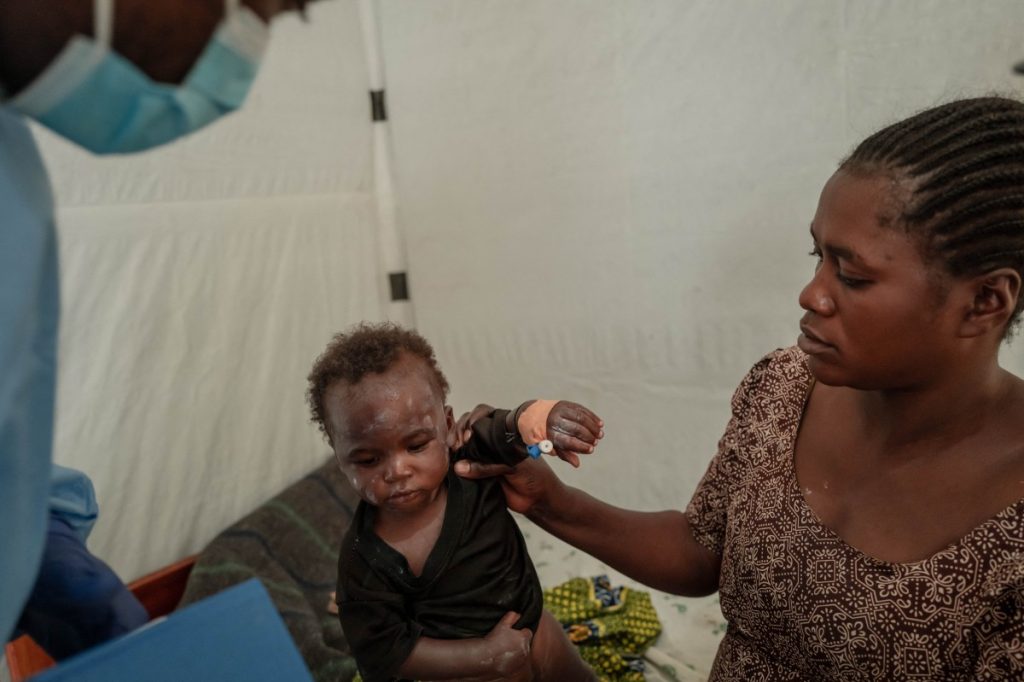The Ministry of Public Health, Burundi, has confirmed 171 cases of Mpox. The health ministry spokesman, Polycarpe Ndayikeza, said they have a cumulative of 171 confirmed positive cases, of which 137 are still active.
“So far, there have been no deaths from Mpox in Burundi,” Polycarpe Ndayikeza said.
According to the health ministry, only three Mpox cases were detected in late July, but as of August 18, 153 cases had been confirmed.
“The epidemic continues to gain ground,” the ministry said last month, adding it was in the process of creating isolation wards in district hospitals to care for Mpox patients.
AFP reports that the cases detected appeared to be the new variant known as Clade 1b, spreading in the neighbouring Democratic Republic of Congo.

Previously referred to as Monkeypox, Mpox is caused by a highly contagious virus that is transmitted through infected animals.
Although the disease has been recognised for many years, a new strain called Clade 1b, which is more lethal and easily transmissible, has led to an upsurge in cases.
Clade 1b leads to death in approximately 3.6% of cases, with a higher risk for children, as reported by the World Health Organization (WHO), which has announced an international public health emergency due to the latest outbreak.
There has been a surge in cases in the region, with outbreaks documented in the DRC, Kenya, Rwanda, and Uganda, and instances identified in Asia and Europe.


